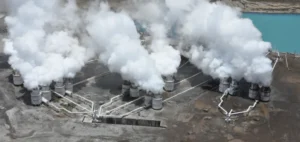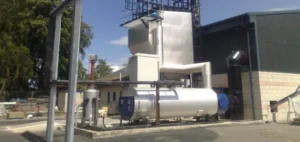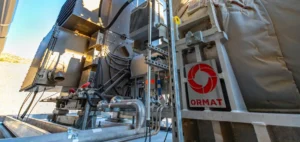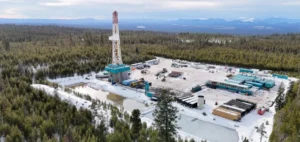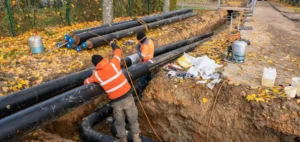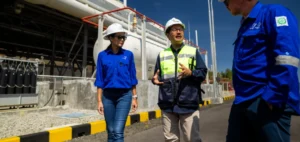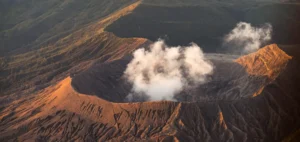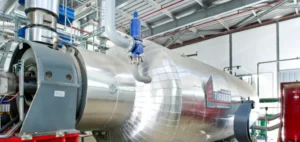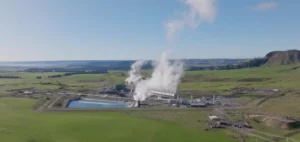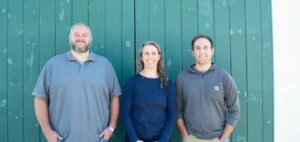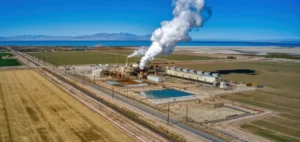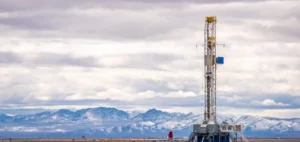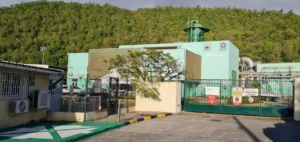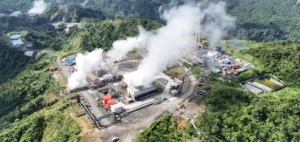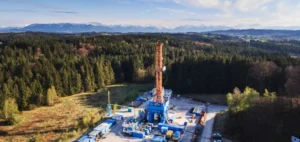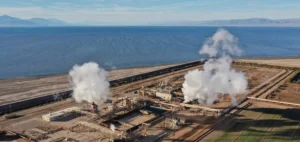Globeleq and African Trade & Investment Development Insurance (ATIDI) have completed a payment guarantee agreement for the Menengai geothermal project, located in Nakuru County, Kenya. The guarantee originates from ATIDI’s Regional Liquidity Support Facility (RLSF). It specifically covers risks linked to potential non-payment by the Geothermal Development Corporation (GDC) under the Project Implementation and Steam Supply Agreement (PISSA) contract and by Kenya Power and Lighting Company (KPLC) for the Power Purchase Agreement (PPA). This step follows the preliminary announcement of a partnership between Globeleq and ATIDI during the Africa Energy Forum held in Barcelona in 2024.
Strengthening financing through RLSF guarantee
This guarantee provides additional assurance for lenders involved in the project: the African Development Bank (AfDB), the Eastern and Southern African Trade and Development Bank (TDB), and the Finnish Fund for Industrial Cooperation (Finnfund). With this insurance, the Menengai project now benefits from enhanced financial security before starting its commercial operations. Ultimately, the facility is expected to produce 35 MW of electricity, aimed at reinforcing the energy supply to Kenya’s national grid.
According to ATIDI, this use of RLSF is unprecedented in two respects: it represents both the first insurance policy issued in Kenya via this facility and the first specifically covering a geothermal project. “We are pleased with this conclusion. While we have already supported several projects in the region, this represents the first RLSF policy in Kenya, as well as the first covering a geothermal project,” said Obbie Banda, senior coordinator of ATIDI’s RLSF mechanism.
Contribution to Kenya’s energy policy
For its part, Globeleq highlights the strategic importance of this milestone. “The signing of this RLSF agreement is crucial for our Menengai project, significantly enhancing the project’s risk allocation. It is an honour for Globeleq to participate in issuing Kenya’s first RLSF policy through Menengai,” said Edouard Wenseleers, Managing Director of Business Development, responsible for East Africa at Globeleq. Ultimately, the project directly aligns with the Kenyan government’s goals to strengthen clean energy integration within the national energy mix by 2030.
To date, ATIDI’s RLSF mechanism has supported nine renewable energy projects across four African countries, representing a total installed capacity of 181.95 MW. The total financing mobilised through this initiative now reaches 323.7 mn ($323.7mn).




